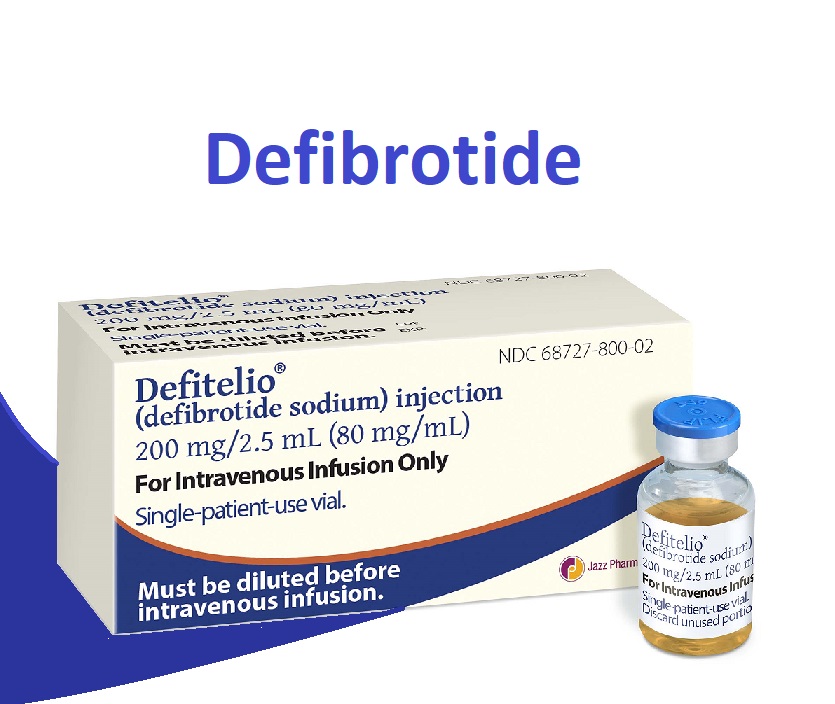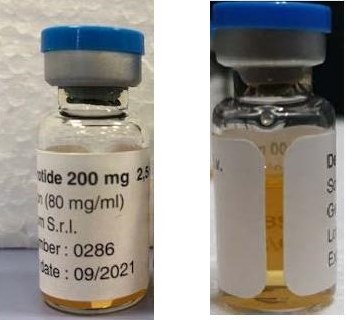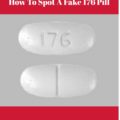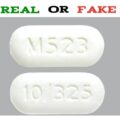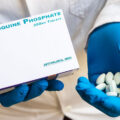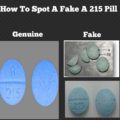Defibrotide is approved for the treatment of adult and pediatric patients with hepatic veno-occlusive disease (VOD), also known as sinusoidal obstruction syndrome (SOS), with renal or pulmonary dysfunction following hematopoietic stem cell transplantation (HSCT). VOD is a rare and life-threatening disease that affects approximately 20% of patients who receive high-dose myeloablative conditioning therapy or HSCT.
The disease is characterized clinically by increased serum bilirubin, hepatomegaly, fluid retention, and weight gain. Its pathophysiology is of complex vascular origin consisting of hepatic venules and sinusoidal endothelial injury. The initial injury results in the deposition of platelet and coagulative material in the subendothelium, followed by subsequent fibrosis and occlusion of the terminal venous venules and sinusoids. Progressive venous occlusion and sinusoidal obstruction result in ischemia and structural damage of the acinus of the liver. VOD is implicated as one of the leading causes of HSCT-related morbidity and mortality.
How to Spot Fake Defibrotide
Counterfeit medicine is fake medicine. It may be contaminated or contain the wrong or no active ingredient. They could have the right active ingredient but at the wrong dose. Counterfeit drugs are illegal and may be harmful to your health. As with many promising medications, fake and contaminated defibrotide vials are spreading globally unhampered like the coronavirus.
Falsified defibrotide 200 mg vials were first detected in Australia, Latvia, and Saudi Arabia in May this year. Now, more fakes emerged in Argentina and Malaysia thus making this incident a global attack. Affected are defibrotide 2.5-ml-vials (80 mg/ml) formulated as a concentrated solution for infusion being sold under the brand name Defitelio. Normally containing a mixture of single-stranded oligonucleotides to treat veno-occlusive disease of the liver of people having had a bone marrow transplant, this time, the vials are containing only water contaminated with mould. The fake vials are showing 0286 and 0126 as batch numbers and 09/2021 and 08/2021 as expiry dates, respectively.
Both falsified batches were present within the regulated supply chain in Latvia as early as January 2020 and were also handled by medicine wholesalers in Singapore, Switzerland, and the United Kingdom in February 2020. It is important to note that widespread vigilance is required from all countries, regardless of where the product was originally identified. See fake samples below.

